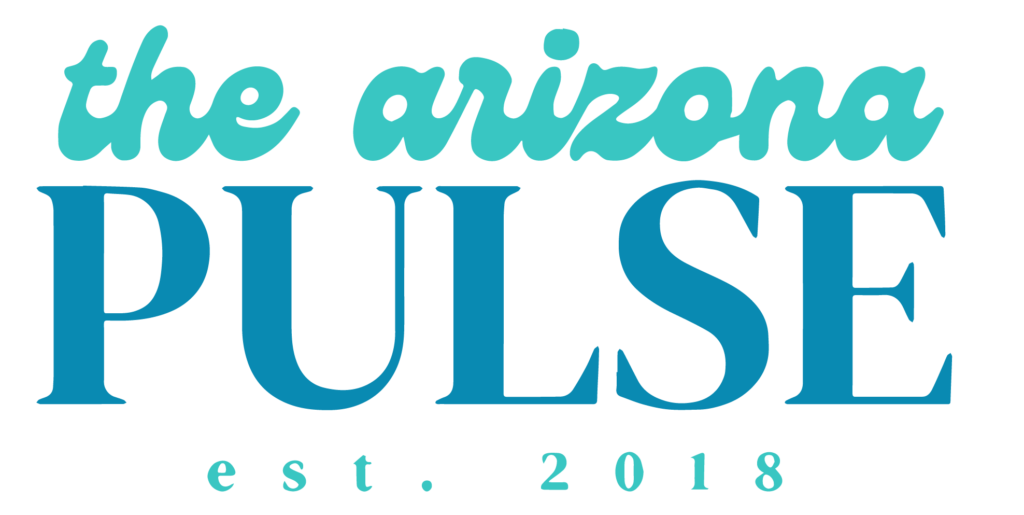Written By:
Dr. Woodrow Myers, Jr.
The practice of medicine has never been more exciting for physicians or more promising for our patients. The ever-growing number of tailored therapies combined with the speed at which medical technologies hit the market means we have options that we could not have dreamt possible 10 or even five years ago.
Scientific research and investigation have led to the discovery of new drugs, the expansion of precision medicine, more gene therapies, refined surgical techniques, and sophisticated diagnostic capabilities. With more tools than ever to defeat diseases, patients who would have had little hope for a bright future, now are living higher-quality longer lives.
When I started my career, I never thought we’d have the kinds of interventions that we do today. In the area of cardiac care alone, we can keep the heart alive through chemical and mechanical therapies and medications. We can replace vessels or even the whole heart. It is truly an amazing time to be in healthcare.
But even with these new-found successes, it is also a challenging time to work in the medical field because healthcare disparities are so stark. Research and development come with a cost. Healthcare and health insurance costs continue to climb. As a result, the question becomes, who gets the treatments that could be so readily available to everyone?
Consider this: For patients with Hepatitis C and the right genotype, one treatment offers upwards of a 95 percent (or greater) cure rate. But the drug can cost as much as $100,000 for a 12-week treatment. For Hepatitis C patients who don’t have commercial insurance to cover this treatment or who live in a state where Medicaid doesn’t cover it, what recourse do they have?
As physicians, whether on the business side of healthcare or on the front lines working with patients, we see these disparities across the country and the need for change. I would argue that we have a moral obligation to help ensure access to care for anyone who needs it, citizens and visitors alike. These issues are vast and complex. They require private, public, and not-for-profit organizations to come together to generate more ideas—and new ideas—to help solve this problem.
Blue Cross Blue Shield of Arizona has been and will continue to be a major contributor to this discussion. As the chief medical officer and healthcare strategist, it is my passion and responsibility to lead these conversations, find others who want to partner on new programs, and tackle societal barriers. I am humbled by this opportunity, yet extremely optimistic that together we will make healthcare more accessible and equitable for all. I welcome your input and the chance to meet with you to discuss the future.
Dr. Woodrow Myers, Jr., is Chief Medical Officer and Health Strategist of Blue Cross Blue Shield of Arizona .




